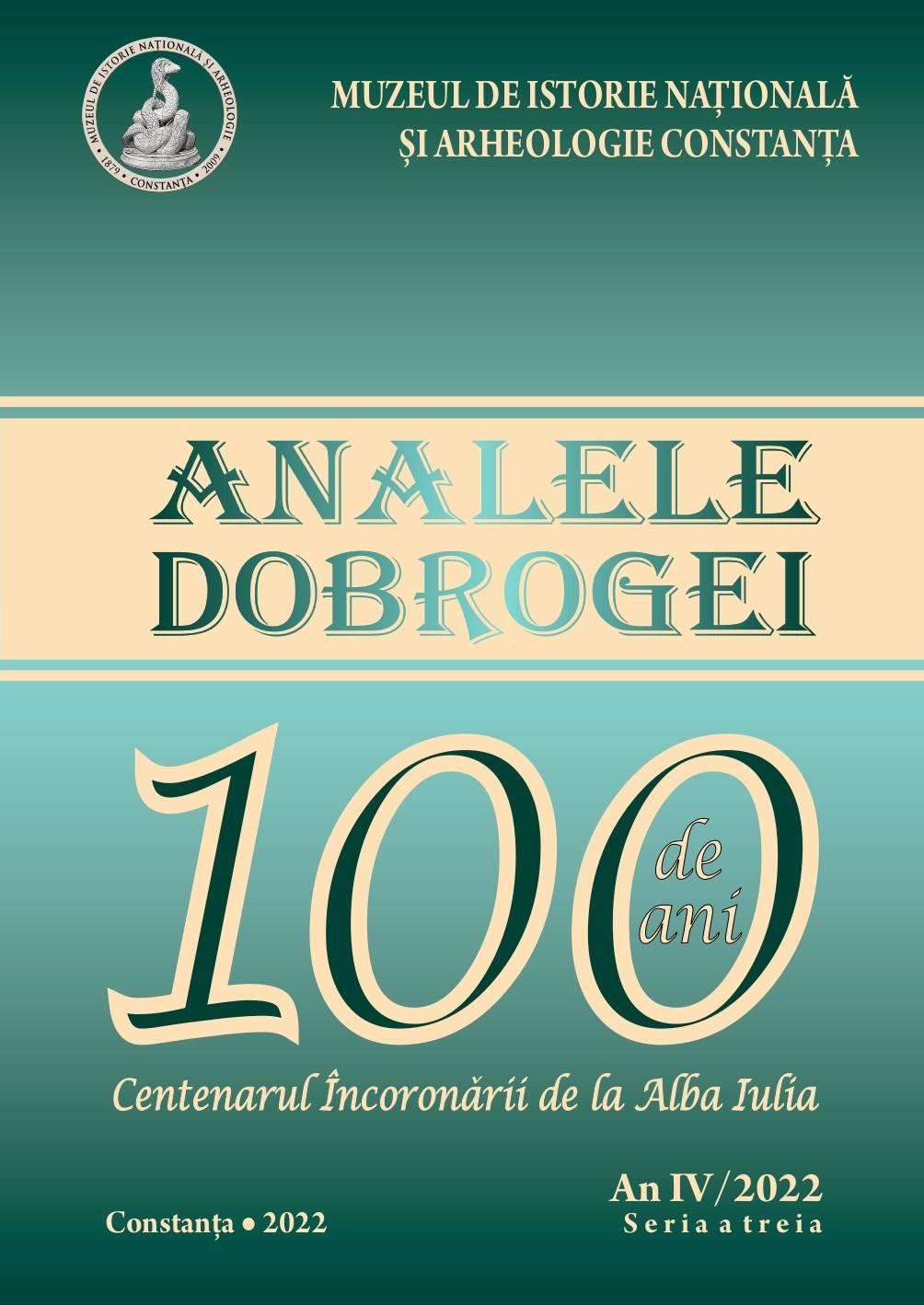W.H. CULLEN, PRIMUL MEDIC ENGLEZ DIN KUSTENDJIE (1858-1878). CHIRURG, NATURALIST ȘI COLECȚIONAR DE ANTICHITĂȚI TOMITANE
W. H. CULLEN, THE FIRST ENGLISH DOCTOR IN KUSTENDJIE (1858-1878). SURGEON, NATURALIST AND COLLECTOR OF ANCIENT ARTIFACTS FROM TOMIS
Author(s): Cristian CealeraSubject(s): Cultural history, Sociology, Local History / Microhistory, Social history, Ancient World
Published by: Muzeul de Istorie Națională și Arheologie Constanța
Keywords: William Henry Cullen; first british medic; Kustendjie; Dobrougja; Tomis; antiquities; Danube Black Sea Railway and Kustendjie Harbour (DBSR); british comunity; cholera epidemic; British Museum;
Summary/Abstract: This study presents, for the first time in Romania, the portrait of the first British doctor who worked in Kustendjie, during the English concession obtained by the Danube Black Sea Railway and Kustendjie Harbor consortium (DBSR). Dr. William Henry Cullen (1813-1892) was the community’s physician for nearly two decades, his first record being in 1858 and his last, as a resident of Kustendjie, in 1874. Although in the following years he was probably no longer the community’s doctor (perhaps replaced by the already published dr. Abraham Irwin Bolton), Dr. Cullen remained in the area and we find him in 1878 as a volunteer surgeon at Varna Hospital and Red Crescent Medical Service, during the Russo-Romanian-Turkish War (1877-1878, the Romanian War of Independence). Dr. Cullen was a highly respected physician and surgeon, with an extremely interesting life. As a doctor, his name is mentioned and noticed during the terrible cholera epidemics that hit the whole world in the 1860s, and Dobrogea. At the same time, he distinguished himself as an excellent naturalist and amateur ornithologist who published in the British journals extremely interesting facts about the fauna of Dobrogea. His articles and observations brought him notoriety in the world of scientists, being presented with a unique discovery by Charles Robert Bree in the book A history of the birds of Europe, not observed in the British Isles (vol. I, 1875) and then quoted by the famous Charles Darwin in The Descent of Man and Selection in Relation to Sex (1880). Last but not least, W. H. Cullen was an avid collector of antiques and promoted in the British press the special historical heritage of the town of Kustendjie, the old Tomis. Today, the famous British Museum has a W.H. Cullen collection of 44 ancient coins and a funerary stela (Agathandros' stela), all from the town of Kustendjie. The information in this paper has been gathered from extensive documentation, most of the sources used being nineteenth-century British sources, public and private, digitized in the twentieth and twenty-first centuries.
Journal: Analele Dobrogei
- Issue Year: I/2022
- Issue No: IV seria 3
- Page Range: 45 - 63
- Page Count: 19
- Language: Romanian

